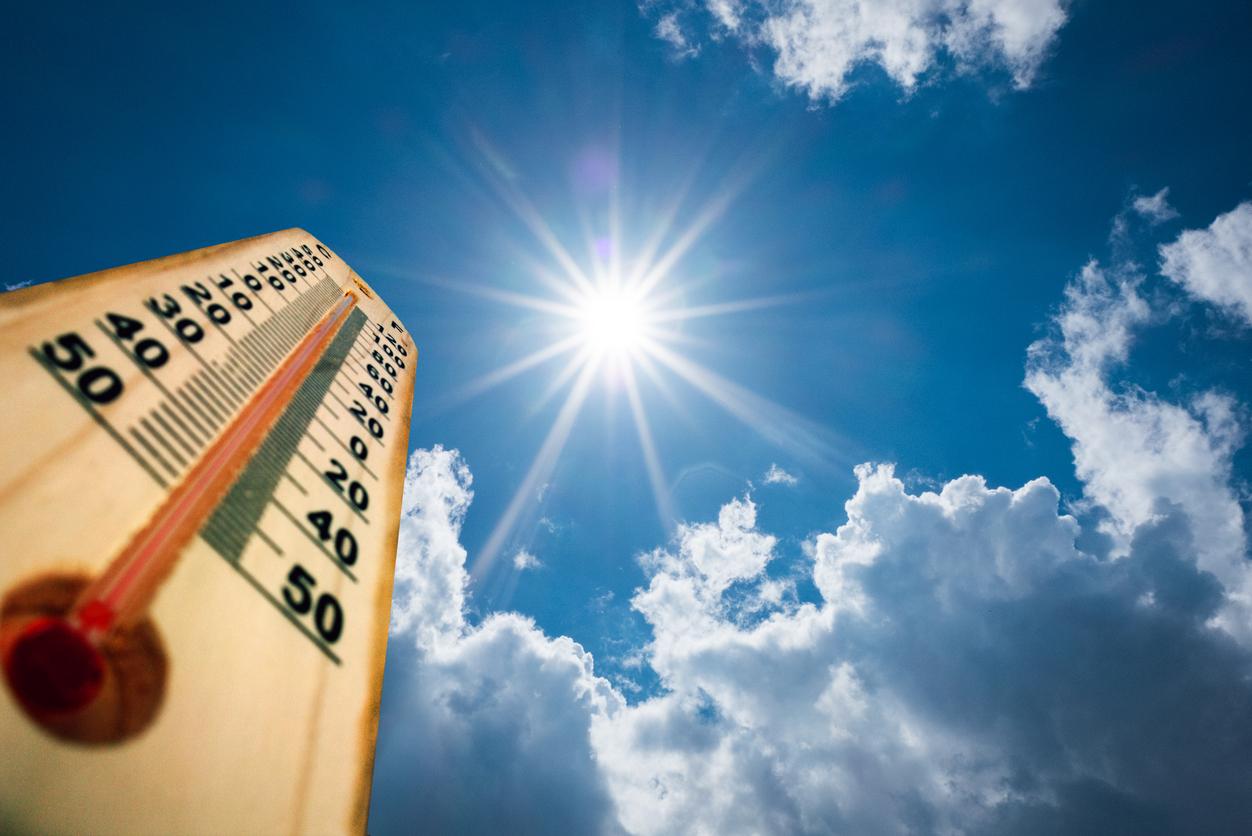Drink more water and stay in the shade – a doctor’s recommendations for surviving hot weather
The primary recommendation for protecting yourself from the heat is to seek shade, cover your head, use sunscreen and drink plenty of fluids. Doctors also recommend reducing physical exertion and limiting time spent in the sun during periods of extreme heat.

According to Dr Kristiina Mäemets, Head of the East Tallinn Central Hospital Emergency Medicine Centre, coping with the summer heat starts with informed choices and preventative measures. “Symptoms of heat stroke or heat exhaustion usually require quick action and seeking medical care,” explains Dr Mäemets. “In many cases, simple measures can prevent a scare and a trip to the doctor.”
“If you suspect heat stroke, remove excess clothing from the victim and cool them quickly, for example, with a cold shower, wet towels or a fan,” says the emergency doctor. “Give them something to drink, preferably sports drinks or water with salt tablets to help restore the body’s electrolyte balance. If the symptoms do not improve within half an hour or get worse, call an ambulance immediately at 112.”
Primary recommendation: drink plenty
The most important thing in hot weather is to drink plenty of fluids. To avoid dehydration, it is recommended to regularly drink fluids in small sips. Suitable drinks include water, mineral water, juices, dairy products, etc. “Don’t wait until you feel thirsty – if you already feel thirsty, it may be a sign of dehydration.” says Dr Mäemets. “Alcohol should also be consumed sensibly. On hot days, it should be avoided altogether as it can cause dehydration.”
Train in the morning or indoors
Temperatures of 25 degrees and above do not bode well for people with high training loads. According to Dr Mäemets, it would be best to either avoid intense exercise, do it indoors or train early in the morning. “Exercising at high intensity in hot weather puts a lot of strain on the body, which can cause overheating,” warns the doctor. “In essence, this is comparable to a fever, which must be brought down first.”
Cooling is essential in cases of overheating
“If you feel that you are getting overheated (feeling lethargic, headache), you should seek shade, cool yourself down and drink fluids. Take at least half an hour to rest – you should feel a lot better in that time. You should still rest for a few hours even if you feel better and certainly not immediately engage in sports or physically demanding work. If you still feel unwell, definitely seek medical attention.”
Don’t leave anyone alone in a hot car
During heatwaves, particular attention should be paid to children, the elderly and people of weaker health because they are more sensitive to heat. “I recommend that all adults to pay special attention to their loved ones during heatwaves and make sure that they drink plenty of fluids, wear a hat, use sunscreen and have the opportunity to stay somewhere cool,” says the emergency doctor. “Never leave anyone in a hot car as the temperature can rise to dangerous levels very quickly.”
Sun protection against high UV radiation
You should also use sun protection and seek shade during the day. Direct exposure to sunlight should be avoided, if possible, especially because the UV radiation during heatwaves is higher than we are used to and can quickly burn the skin. “Look for shady spots or stay in cool indoor areas,” Dr Mäemets advises. “When outdoors, wear light, airy and light-coloured clothing and a head covering to protect yourself against sunstroke. Make sure that you also use sunscreen.”
Summer increases workload at Emergency Medicine Centre
According to Dr Mäemets, the hot weather itself is not a direct cause of the increased workload at the Emergency Medicine Centre. The most common reasons for visits in the summer are falls and injuries related to scooters, bicycles, roller skates, skateboards and other equipment. The overall increase in the number of visits during the summer months can likely be explained by the reduced availability of general practitioners, causing patients to turn to the EMC as a convenience service.
Heatwaves are becoming more and more common in Estonia, but people are also exposed to them during holidays. Therefore, when planning your summer holidays, keep in mind that it is easier to cope with heatwaves by the sea and in nature than in a big city or a desert.
 Terviseportaal
Terviseportaal